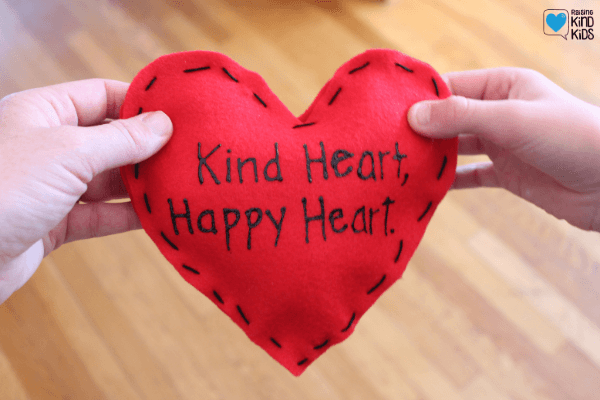
Ombudspersons have a distinct perspective on the organizations they represent. Some of us liken it to seeing our organizations “from the underbelly.” We don’t receive frantic calls to share a recent act of kindness. Visitors to our offices often come feeling under assault from unfriendly forces. We often hear our guests’ yearning to be treated with kindness, as well as their desire to rise above unkindness and be their best kind selves. So, here are my views about kindness, both giving and receiving it.
Table of Contents
Kindness begins with being nice to oneself
Have you ever noticed how much better you treat people after taking care of yourself? In a high-pressure setting, it’s easy to work through lunch, supper, and answer to emails after 11 p.m. However, when we take a minute to breathe, analyze what we need, and seek it, the world frequently returns to normal. (Sleep? A leisurely meal?)
Be kind with yourself when you make a mistake, which everyone does. Setting ourselves up for failure may result in collateral harm, making others the focus of our rage, frustration, or disappointment. It might feel nice to divert our negative feelings away from ourselves and onto others, but for how long?
Begin with kindness and end with kindness
Everyone has difficulties, many of which are concealed from view. Wouldn’t you be lenient if you knew the coworker offering the brusque response to an inquiry or the snarky criticism of a project had just learned of a terrible illness in their family? And, even better, could you wish to provide assistance? When we are empathetic, we acknowledge our common human situation.
Compassion may lead us to do acts of compassion. Perhaps we should keep our mouths shut rather than calling out the misdemeanor. Or we find a quiet moment to check in and see whether everything is well. Kindness might be as simple as volunteering to fetch coffee or bringing back a cookie from a lunchtime class.
When we serve others, we improve our own sense of well-being.
A recent research examined how individuals felt after completing or seeing kind acts on a daily basis for seven days. Participants were allocated at random to do at least one extra kind act for someone close to them, an acquaintance or stranger, or oneself, or to actively watch good actions. Before and after the seven days of kindness, happiness was assessed. The researchers discovered that being nice to ourselves or others — even strangers — or actively seeing kindness around us increased pleasure.
Select kindness
We may not be able to control another individual, but we do have power over ourselves. What exactly does it mean to be our most genuine selves? Isn’t being kind one of the many options we have every day? We can’t force others be kind, but it doesn’t mean we can’t strive to be nice ourselves.
Give to give rather than to get
Kindness in its purest form may have no audience and get no praise. At best, kindness to gain appreciation is self-serving. Some may even argue that it is an attempt to exert control or make the receiver feel obligated. But when we are nice, even if there is no such return, the pleasures may be all the sweeter.
We may heard a tale of someone who discovered that a youngster from a low-income home really desired a bicycle. This fairy godparent purchased a very beautiful bike and requested that the merchant make a greatly reduced receipt for an amount that the family could pay. The family compensated the fairy godparent for the receipt fee, not realizing it was much more. That is true kindness!
With practice, we grow gentler
So, practice makes perfect. According to Aesop, the ancient Greek storyteller, “no act of kindness, no matter how tiny, is ever wasted.” If random acts of kindness are difficult for you, consider this challenge: do one tiny, nice thing for someone every day. Then consider how it affects you. Is it becoming easier the more you do it? Do you begin to notice and respond to more chances to be nice in your environment? Do you see yourself becoming lighter? Kinder?
Kindness breeds more kindness
Just as a bully boss may build a culture of intimidation and fear, one person’s goodwill can inspire others. We often absorb signals from bosses, employees, labmates, and those with whom we spend several hours each day. Why not be the good person that people look up to? The one who encourages people to turn to one another in tiny and large ways that demonstrate a generous spirit?


